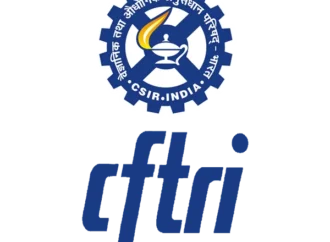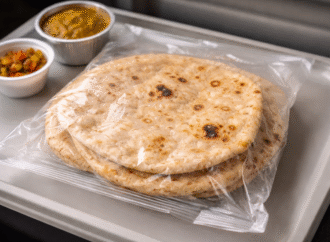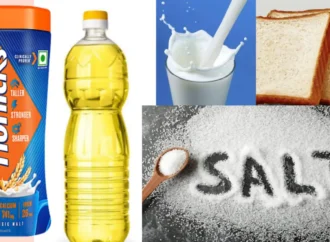Key Update
Deputy Commissioner and CEO of LAHDC (Ladakh Autonomous Hill Development Council), Kargil, Rakesh Kumar, chaired the quarterly meeting of the District Level Advisory Committee (DLAC) on Food Safety at his office today. Held under the theme “Safe Food & Healthy Diets,” the meeting focused on enhancing food safety enforcement, hygiene standards, and raising public awareness across the district. Officials from key departments gathered to discuss coordinated actions and review progress.
DC Issues Key Directives on Food Safety and Enforcement
DC Rakesh Kumar directed the Food Safety Department to collect food samples from hospital canteens and produce a detailed video illustrating each step of the food safety process. He emphasised the wide distribution of this video via local media and social platforms to boost public awareness. Additionally, he instructed officials to conduct strict inspections at all district entry points, with special attention to consignments of paneer, chicken, and meat arriving from outside the region. To strengthen food safety compliance in schools and cooperative outlets, the DC issued the following directives:
- The Education Department must complete FSSAI registration for all schools under the Mid-Day Meal (MDM) scheme within one week.
- The Cooperative Department must ensure all food-related premises under its jurisdiction obtain FSSAI registration without delay.
- The Chief Medical Officer (CMO) must submit monthly reports of food-borne illness cases to the Food Safety Department to support improved health surveillance and data-driven interventions.
Coordinated Efforts to Improve Vendor Hygiene and Support Farmers
To enhance hygiene in public food spaces and support local produce safety, DC Rakesh Kumar directed:
- The Municipal Committee and Food Safety Department will jointly identify designated vending zones for street vendors and ensure strict adherence to hygienic practices.
- The Horticulture Department will produce and circulate a video tutorial for farmers on the safe and proper use of Potassium Metabisulfite (KMS) in apricot processing, helping improve product quality and food safety compliance.
These measures aim to strike a balance between public health priorities, economic livelihoods, and agricultural safety standards.
Strengthening Public Engagement and Reviewing Progress
DC Rakesh Kumar urged the Food Safety Department to actively promote grievance redressal mechanisms through social media platforms, collaborating with DIPR (Department of Information & Public Relations) Kargil to encourage public participation in reporting food safety concerns. The committee reviewed critical operational areas, including:
- Licensing and registration compliance
- Sampling and testing activities
- Legal enforcement and adjudication
- Consumer grievance redressal
Special focus was placed on improving hygiene standards in hospital canteens, MDM kitchens, and cooperative outlets.
DC Emphasises Interdepartmental Coordination
In closing, DC Rakesh Kumar stressed the importance of close coordination among all departments and the timely execution of directives. He reaffirmed the administration’s commitment to providing Kargil residents with safe, hygienic, and nutritious food through effective governance and community engagement.
Source: Dailyexcelsior.com
 Food Manifest
Food Manifest 


















